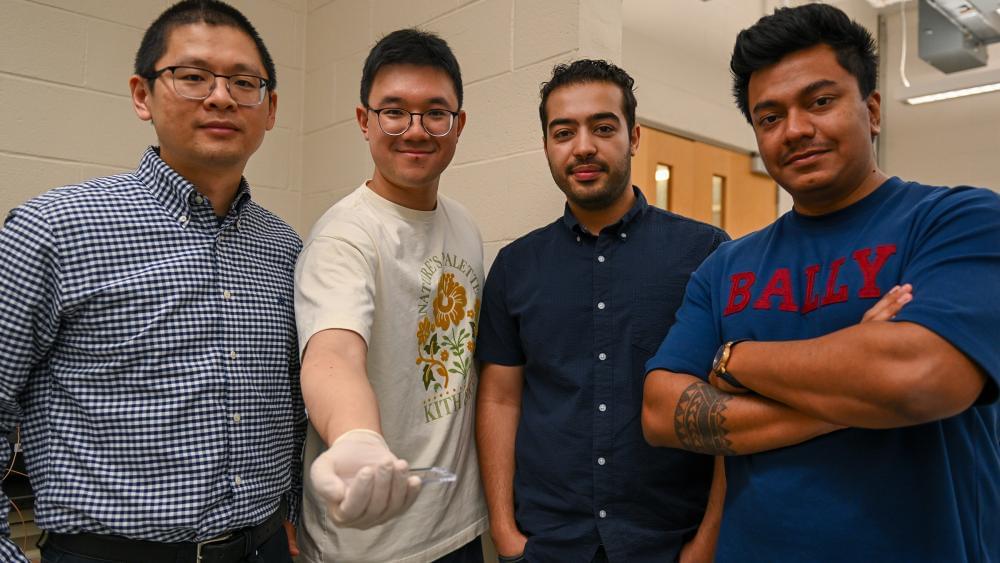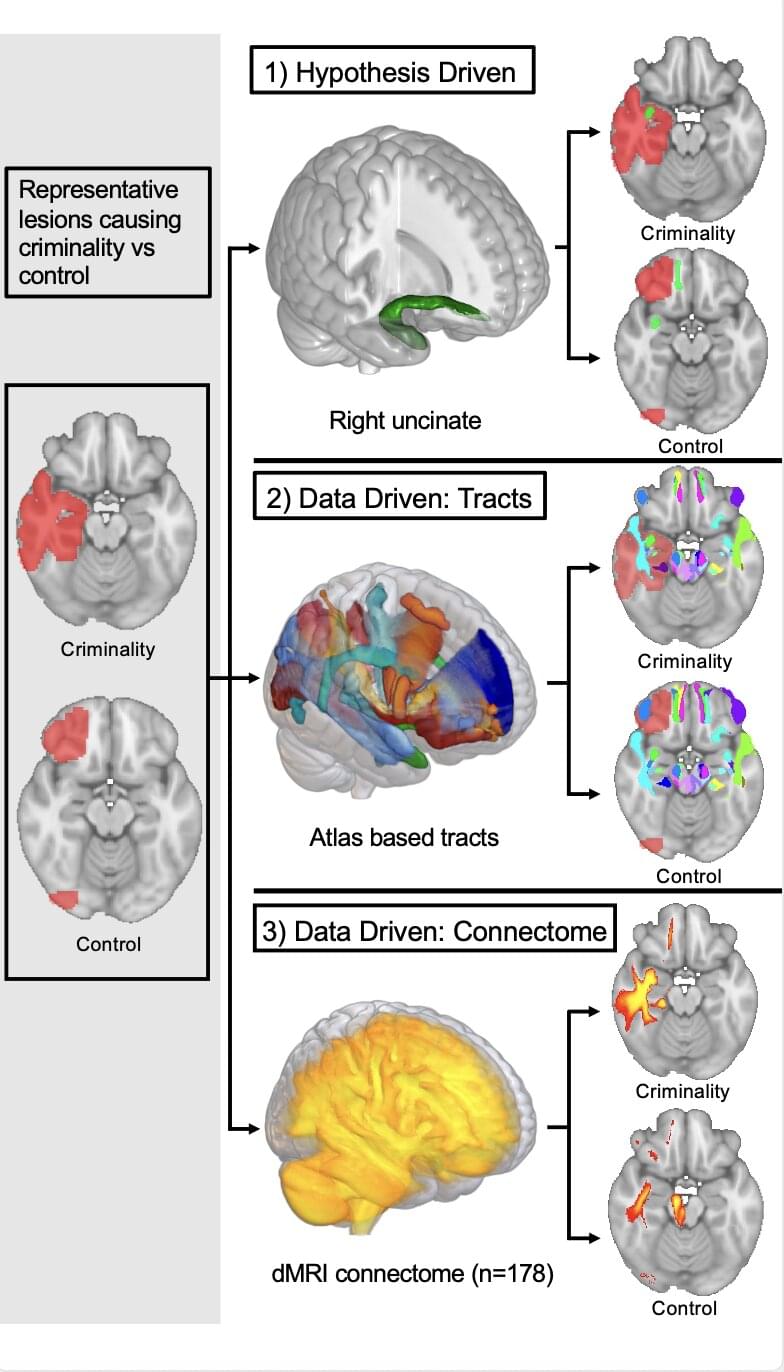Australian researchers, including those at the Charles Perkins Centre at the University of Sydney
The University of Sydney is a public research university located in Sydney, New South Wales, Australia. Founded in 1850, it is the oldest university in Australia and is consistently ranked among the top universities in the world. The University of Sydney has a strong focus on research and offers a wide range of undergraduate and postgraduate programs across a variety of disciplines, including arts, business, engineering, law, medicine, and science.








